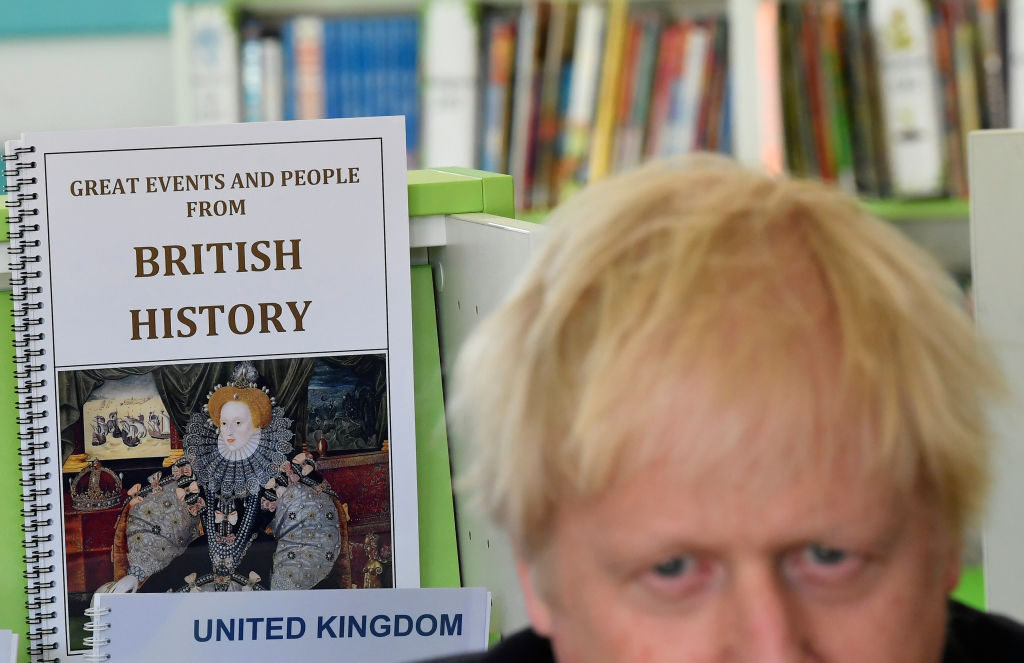Scottish court rules Boris Johnson illegally suspended Parliament. U.K.'s top court will have the final say.


A free daily email with the biggest news stories of the day – and the best features from TheWeek.com
You are now subscribed
Your newsletter sign-up was successful
A Scottish appeals court, the Court of Sessions, ruled Thursday that Prime Minister Boris Johnson violated Britain's constitution when he prorogued, or suspended, Parliament until Oct. 14. The three-judge panel, led by Lord Carloway, Scotland's senior-most judge, overturns a lower court ruling that courts can't interfere with political decision by the prime minister. But the appellate court did not immediately overturn Johnson's order, allowing the U.K. Supreme Court to make the final decision in an emergency session called for Sept. 17. It did, however, inject more chaos into an already madcap Brexit fight.
The Scottish judges, siding with 75 opposition members of Parliament and peers, ruled that Johnson's decision to prorogue Parliament violated the constitution because it sought to quash debate in the run-up to the Oct. 31 deadline for Britain to seal a divorce deal with the European Union. Parliament's suspension took effect early Tuesday, after lawmakers had passed a law requiring Johnson to seek an extension of the Oct. 31 deadline if no EU exit deal was in place. A court in England sided with Johnson, and the Supreme Court will weigh both rulings as well as a third case out of Northern Ireland.
"I have never been able to contemplate the possibility that the law could be that our sovereign Parliament might be treated as an inconvenience by the prime minister," said Jolyon Maugham, an attorney who filed the Scottish case. "I am pleased that Scotland's highest court agrees."
The Week
Escape your echo chamber. Get the facts behind the news, plus analysis from multiple perspectives.

Sign up for The Week's Free Newsletters
From our morning news briefing to a weekly Good News Newsletter, get the best of The Week delivered directly to your inbox.
From our morning news briefing to a weekly Good News Newsletter, get the best of The Week delivered directly to your inbox.
A free daily email with the biggest news stories of the day – and the best features from TheWeek.com
Peter has worked as a news and culture writer and editor at The Week since the site's launch in 2008. He covers politics, world affairs, religion and cultural currents. His journalism career began as a copy editor at a financial newswire and has included editorial positions at The New York Times Magazine, Facts on File, and Oregon State University.
